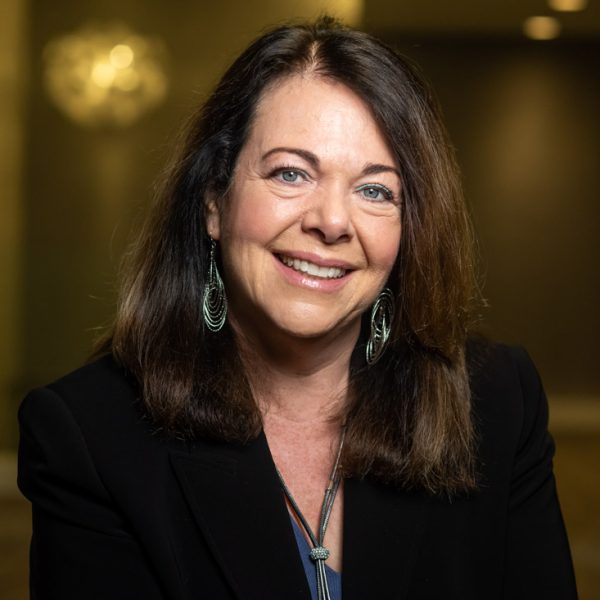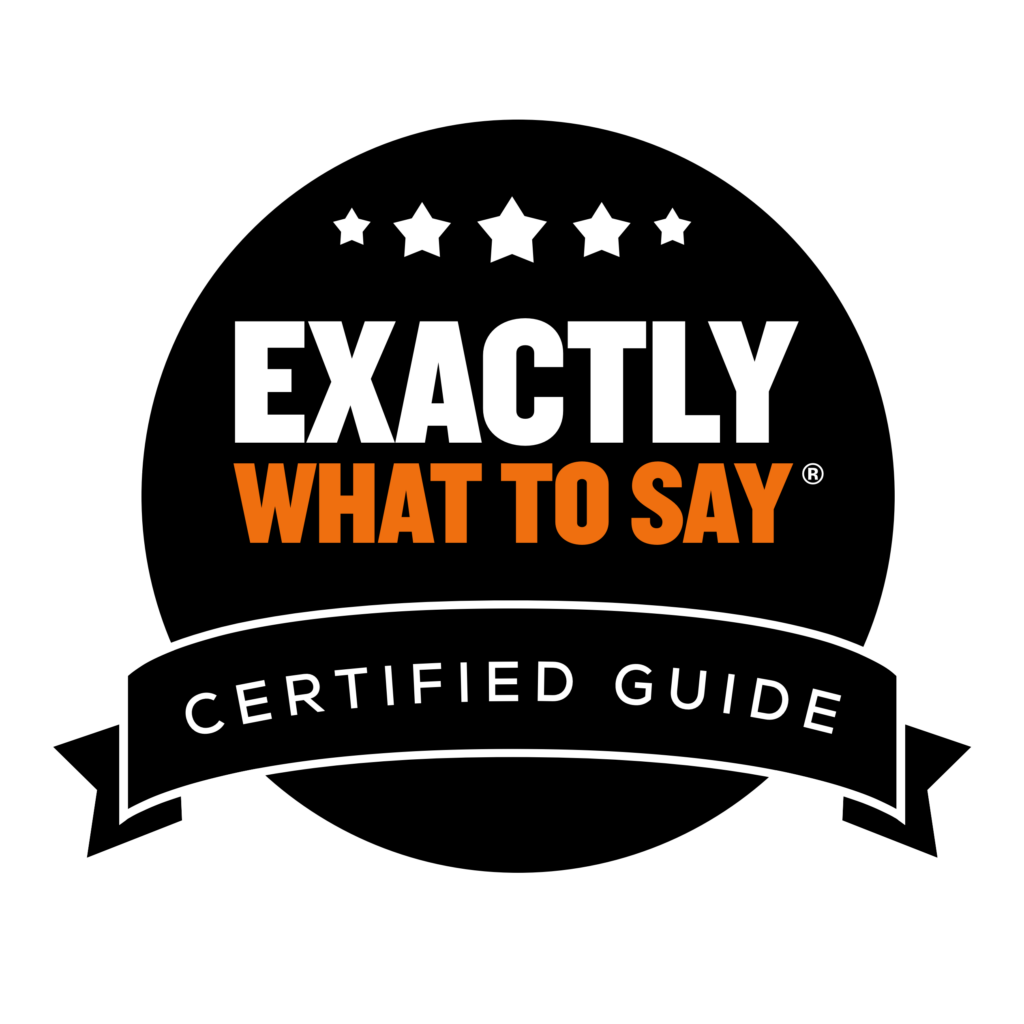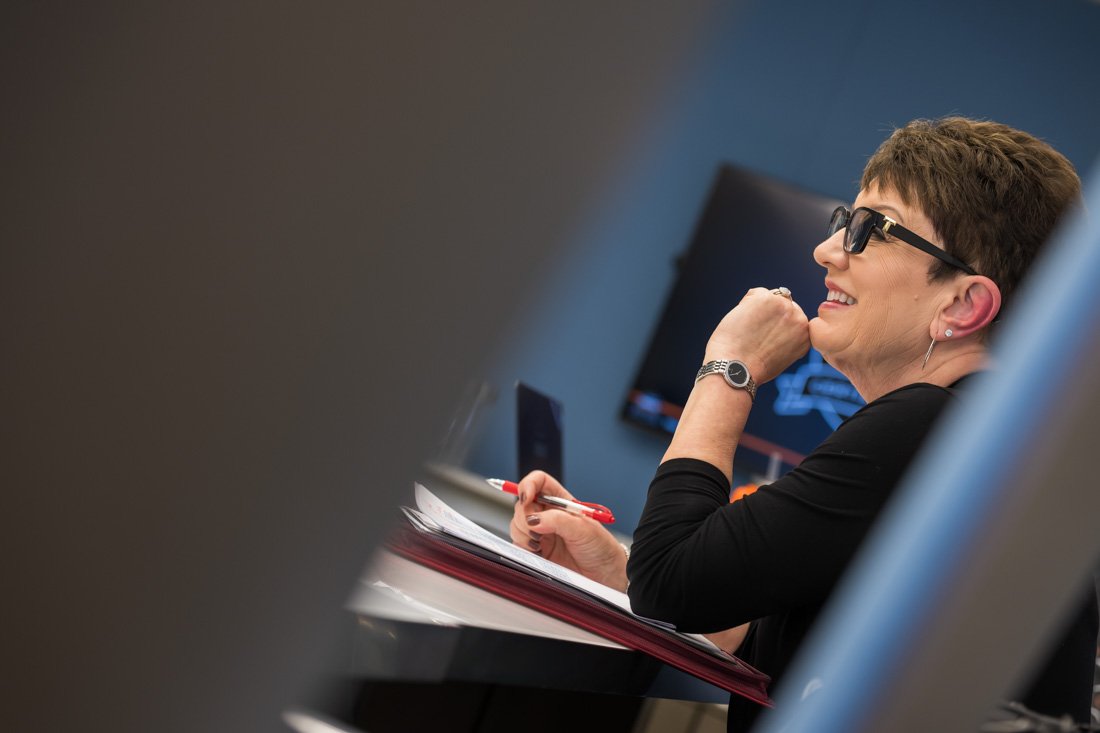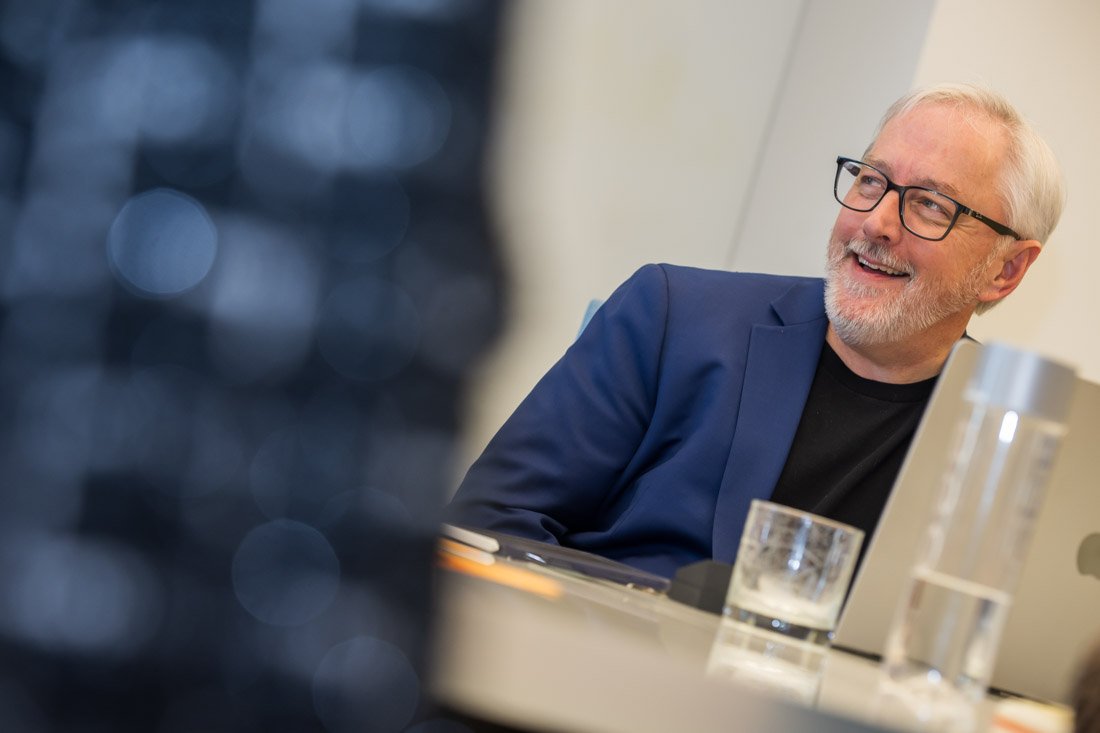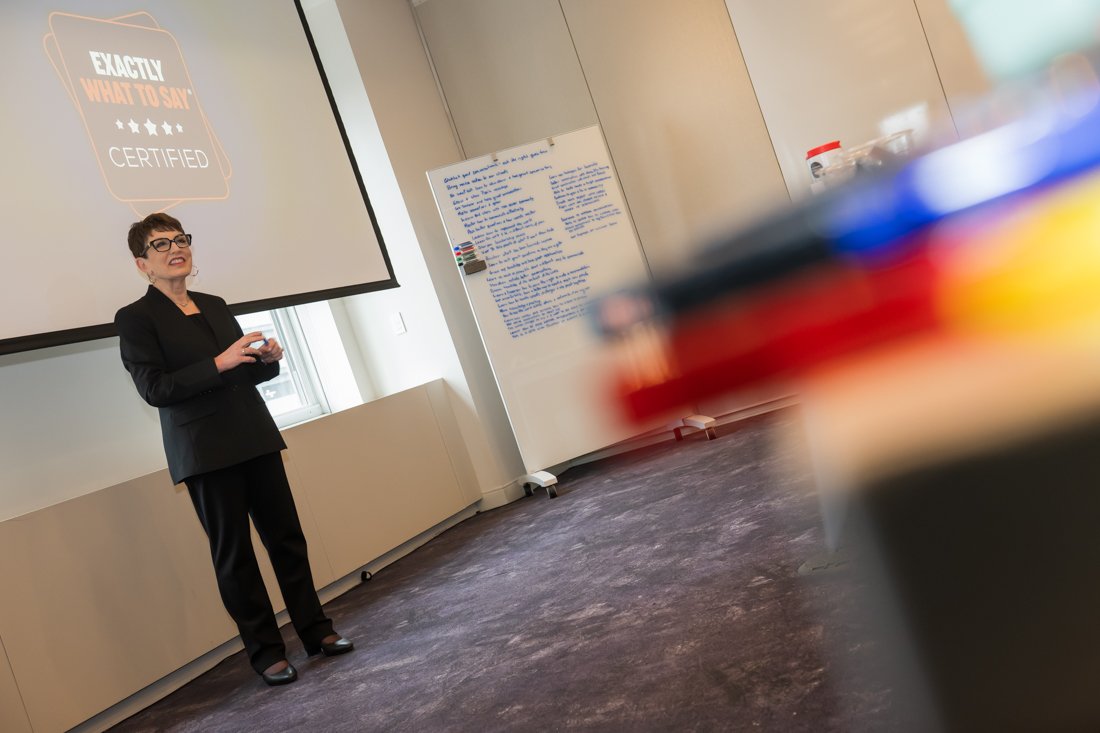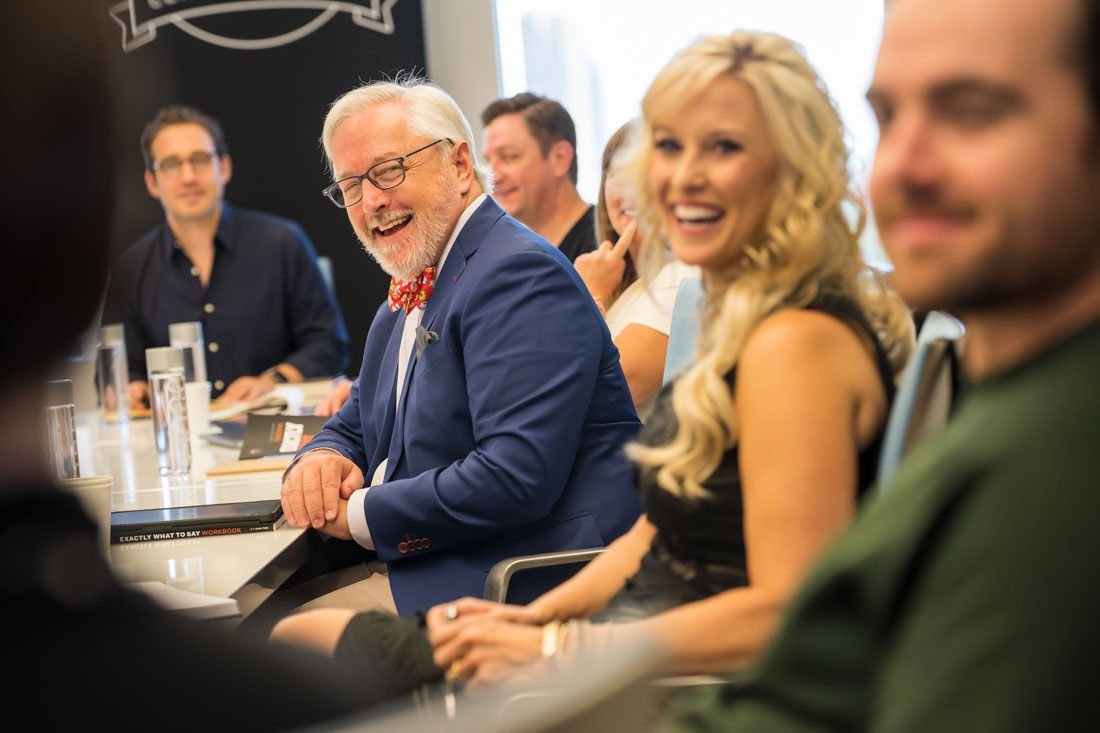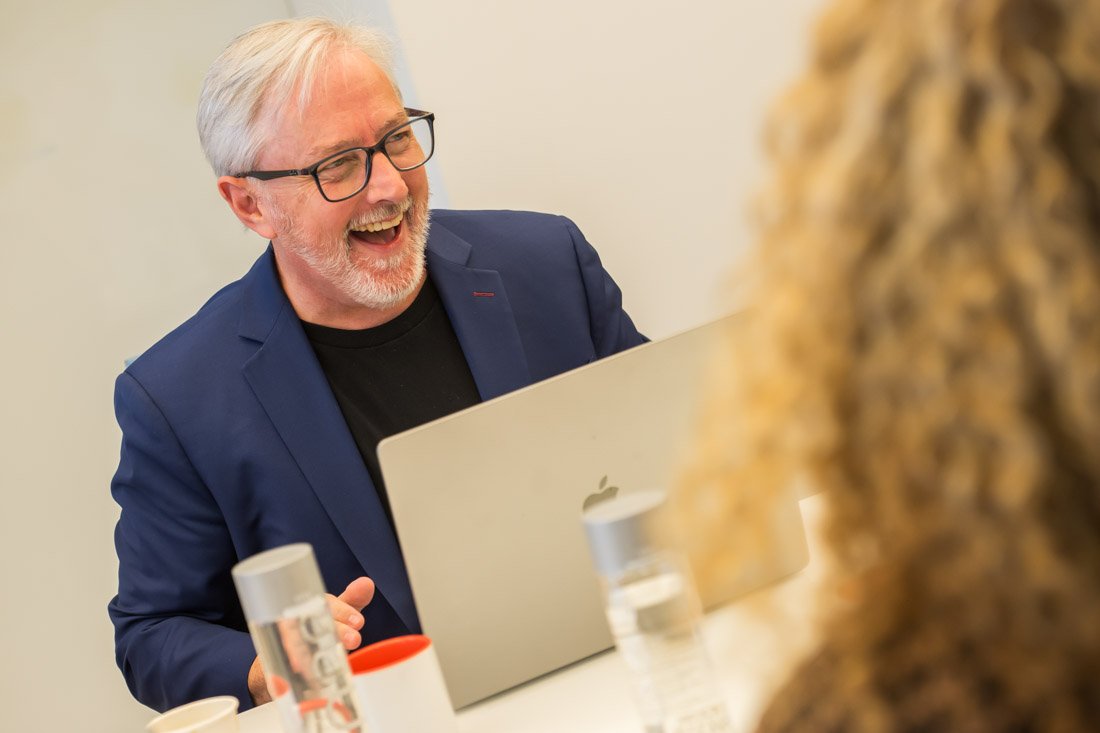Carolyn Strauss is an expert at team building and communication. She works with businesses to get work done in real-time while supporting and appreciating all the people involved.
She brings energy and insights to events worldwide through keynotes, workshops, and as a professional emcee.
Recently, Carolyn hosted one of the popular Critical Conversation workshops as an EWTS Certified Guide. The focus was on planning the perfect event to facilitate more Critical Conversations.
Carolyn is no stranger to planning events, having planned several hundred during her professional career. And as a professional MC, she is comfortable being the host as well as taking the lead with planning.
Why Plan An Event?
People plan events for all kinds of reasons; you might be the type of person who loves attending them and will find any excuse to get dressed up and use any circumstance to plan one or go to one!
But you might also be the type of person where the thought of being at an event is daunting, let alone the idea of planning one.
This guide is perfect for both types of people. You will find the advice given incredibly useful when you next have to host a party.
Events can be for many reasons – you might have a birthday party to plan, an anniversary, or a product launch. It could be an important networking opportunity whereby you want to be able to facilitate Critical Conversations in a comfortable environment.
Whatever the reason, your goal should be to create a lasting memory.
A great experience will, in turn, create a fantastic memory. So, how exactly can you make sure that you are getting this right?
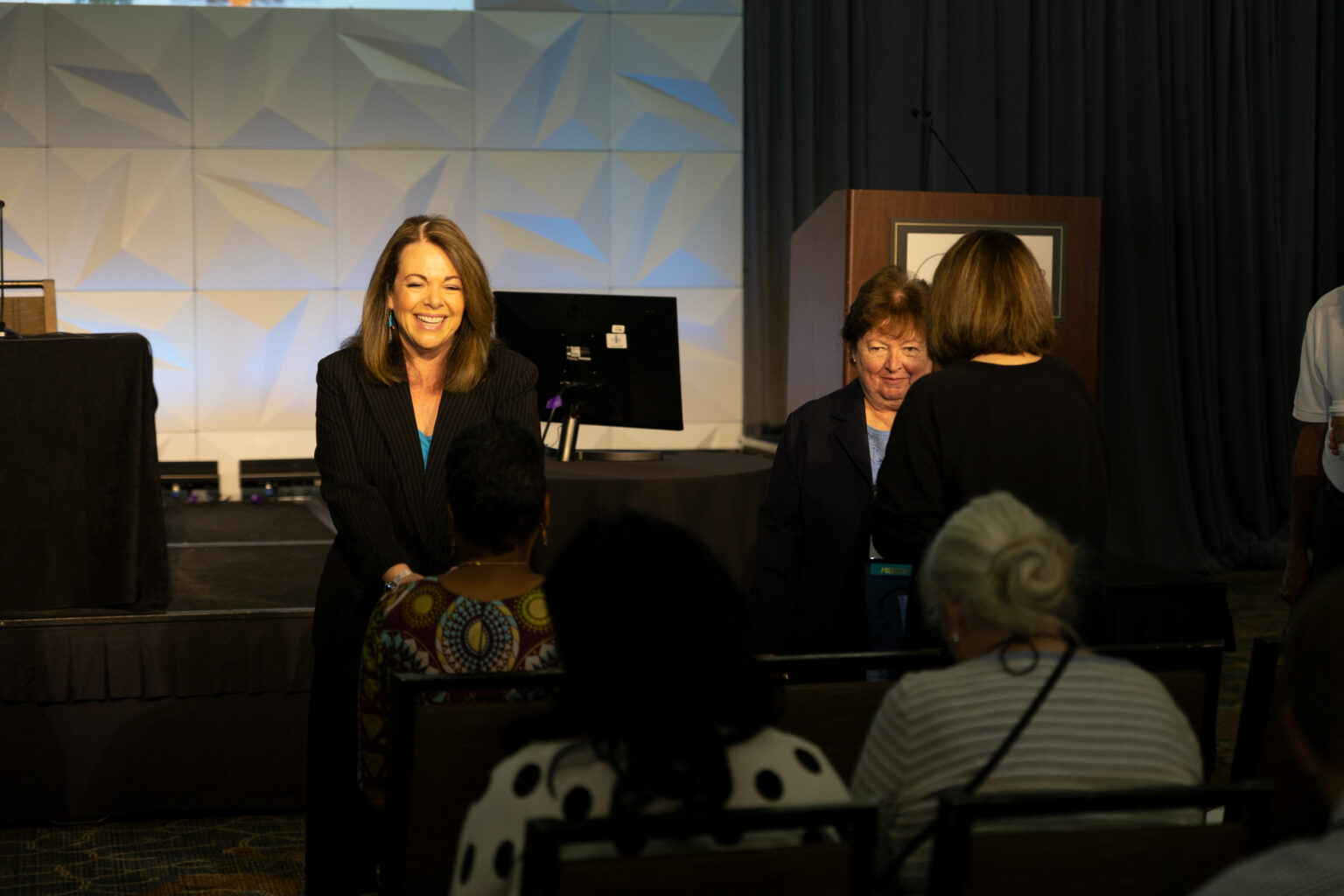
The Six Questions To Ask
There are six questions that you should ask yourself ahead of planning your next event:
Why are you planning it?
What is it for?
Who is it for?
When is it happening?
Where is it happening?
How will it happen?
These are the six categories that you should focus on when planning an event. They are the questions that Carolyn often asks her clients, and before she says yes to MCing any event, she goes through all six questions to make sure that she’s the right person to serve their audience at that time.
Q1 - Why?
The first question to ask is, why are you having an event?
What is its purpose?
The primary purpose is usually simple, it’s a fundraiser, or it’s celebrating someone or a milestone, etc. Still, there is usually a secondary purpose, and you must pinpoint that early on.
For example, does it need to be fun? Does it need to be entertaining? Why are people coming? Is it about connection? Is that why you want people there?
And this can lead to another crucial question: why should people come?
If you are expecting people to give up their valuable time, then you better know what they are doing it for.
The journey to better communication and being a better parent is a process that requires dedication, an open mind, and a lot of listening.
There are parenting techniques and conversations that you can use to help you parent in the best way possible and Dr Jen outlines just 4 pillars that can help guide you.
Q2 - What?
The next question to answer is the what…
What type of event are you creating?
Is it a fundraiser? Is it a party? Is it an association event? Is it a formal event? Is it a casual event? Is it bring your friends? Is it an online event?
If you are planning an event for someone, then you need to determine what it is that they are trying to create and what the purpose of the event is.
And if it’s your own, have a clear idea of the memory that you are trying to create.
What’s the feeling that you want them to have when they walk away so that when the memory of that event comes up, it’s a valuable one for them?
Remember that the ‘what’ is often determined by the kind of event, and there are many different types of events. There are corporate ones, business networking, work celebrations, social gatherings, birthdays etc, etc.
One tool that Carolyn often relies upon is a party mood board and this process can help you keep focused on the type of event that you’re planning to make sure that your attendees get what they hope for.
Q3 - Who?
This is often the best part of planning an event: who is it for? You can ask these questions if it’s for personal or professional events.
Who do you want to have be there? Who are you inviting? Who are you including?
This doesn’t just have to be about who’s attending. You should also narrow down who you are partnering with because the best events are planned collaboratively.
There are certain people that you just know once they’re hired that are going to add some serious sparkle and help you create the perfect environment to make every conversation count.
Q4 & 5 - When & Where?
These two often go hand in hand, and one determines the other in most cases.
There’s only one Christmas Eve a year and one New Year’s Eve a year, so if your event is to do with either of them, there’s really only one of those nights a year to host it. The same goes for a birthday – this is an event that happens on a certain day.
But what and where are often co-dependent. So if you’re planning an event and you have your heart set on where it’s going to take place, then the when needs to be flexible because the where may not be available,
However, if you have your heart set on the when then you’ve got to be flexible when it comes to the where.
Can you see how these two are interdependent?
Q6 - How?
How exactly are you getting them there? How will they know that it is an event that is worth attending?
A lot comes down to making the best event – but how will you do this?
This falls into the work before the work.
Things to consider:
Your theme – most events have some kind of theme. Is it fun or serious?
Will your event have a program? Will it be a set program, or can it be flexible?
Is your script ready? Whether it’s a hired MC or just you, a script will take the stress out and keep your event focused
What are your engagement strategies? Are you playing games? Is there a networking element?
All of this type of thing takes resources, and the most obvious resource here is funding. Without the proper funding, the ‘how’ will become impossible.
An event is huge. So, when you’re looking at your event, what kind of money are you spending? Are you willing to invest? What kind of time? Will you need extra manpower? Will that be paid for or volunteer based? Who are you going to enrol to play with in this event?
You will probably need a sound system, perhaps an AV team. Is it a sit-down dinner or drinks and canapes? All of these elements will affect the cost, and even though most events will have some sort of budget, careful planning and exact cost analysis are vital here.
End Game
Most people will respond to the energy of the environment that’s given to them. So, make sure that you create the perfect environment for your event. If you get the energy right, the conversations will flow.
The worst time to think about what you’re planning is in the moment you’re planning it.
This is why the pre-party prep is so important. Determining the why, the who, the what, the where, the when, and the how beforehand is essential.
At EWTS, the school of thought is that curiosity is the fuel of conversation, so make sure that you ask a lot of questions yourself. The person asking the questions often controls the conversation.
Continue asking questions until you’ve come up with a theme and an event that’s going to work for everybody. You can use this same curiosity when you’re speaking with your guests at the party.
And remember, the most important cornerstone is that people only go to events for their reasons, not yours.
Ask the questions, find out why your event is worth them coming to, and make sure that you provide that.

